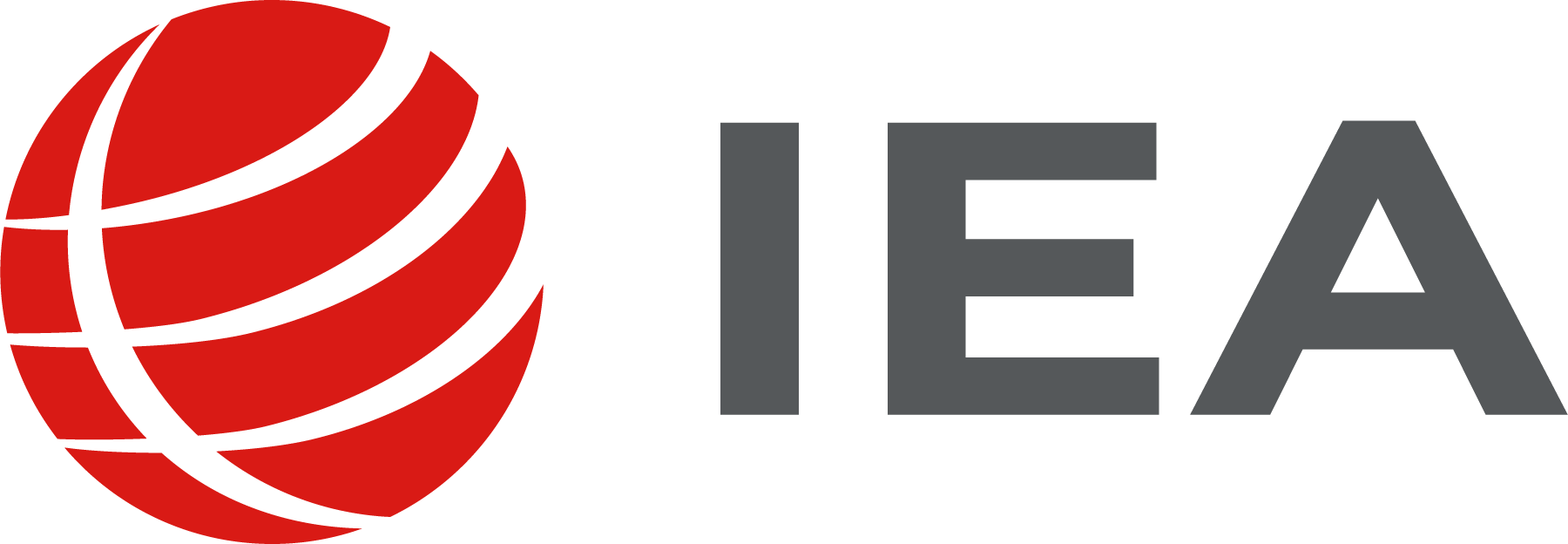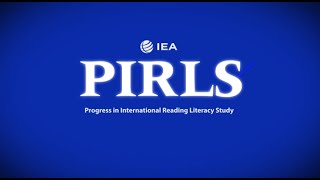20 Years of Trends in Reading Achievement
IEA's PIRLS 2021 is the fifth cycle in the PIRLS assessment. PIRLS provides internationally comparative data on how well children read by assessing students’ reading achievement at the fourth grade. Trend results across assessments permit countries to monitor the effectiveness of their educational systems in a global context.
The TIMSS & PIRLS International Study Center at the Lynch School of Education, Boston College, United States, serves as the international study center for PIRLS 2021, working in close cooperation with IEA, and the national centers of participating countries.
For more information, please visit the PIRLS website.
For all videos related to PIRLS 2021, please visit the IEA YouTube page here.
This cycle marks the transition to digital assessment. Approximately half the countries evaluated students using a state-of-the-art digital assessment with engaging and interactive reading assessment materials, including simulated online projects with multiple websites, videos, and navigational features such as links and pop-ups.
Two of the ePIRLS tasks are available as they were presented to students. View and take two of the tasks—Migration and Troy—here.
Total number of participating entities in PIRLS 2021: 66
Albania; Australia; Austria; Azerbaijan; Bahrain; Belgium, Flemish; Belgium, French; Brazil; Bulgaria; Canada; Canada (Alberta); Canada (British Columbia); Canada (Newfound and Labrador); Canada (Ontario); Canada (Quebec); Chinese Taipei; Croatia; Cyprus; Czech Republic; Denmark; Egypt; England; Finland; France; Georgia; Germany; Hong Kong SAR; Hungary; Iran; Ireland; Israel; Italy; Jordan; Kazakhstan; Kosovo; Latvia; Lithuania; Macau SAR; Malta; Montenegro; Morocco; Netherlands; New Zealand; North Macedonia, Rep.of; Northern Ireland; Norway; Oman; Poland; Portugal; Qatar; Russian Federation; Russian Federation (Moscow); Saudi Arabia, Kingdom of; Serbia; Singapore; Slovak Republic; Slovenia; South Africa; Spain; Sweden; Türkiye; United Arab Emirates; United Arab Emirates (Abu Dhabi); United Arab Emirates (Dubai); United States; and Uzbekistan.
Benchmarking entities are listed in brackets.
In support of the improvement of education systems in the Western Balkan region, the European Commission's Directorate-General for Education and Culture provided support by covering the costs of Western Balkan participants interested in enrollment in PIRLS 2021. The action helps to inform education policy and thus contributes to the improvement of education in the region and its possible future inclusion in the European educational area.

